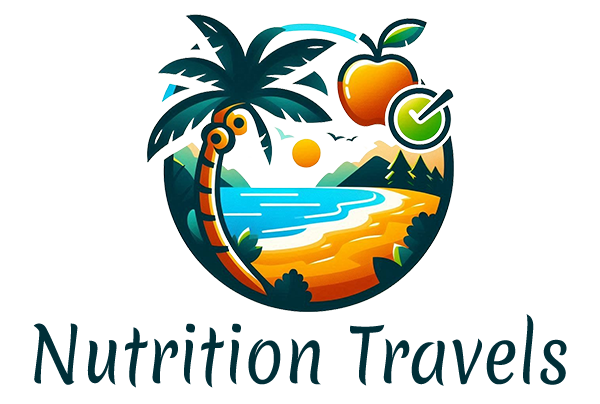Many people think protein only comes from meat — but that’s a myth! A well-planned plant-based diet can provide all the protein you need and offer extra health perks like fiber, antioxidants, and essential nutrients.
In this article, we’ll show you why plant-based protein matters, reveal the best sources, and share simple tips to keep you energized and balanced — all without meat.
What is Plant-Based Protein and Why Is It Important:
Plant-based protein comes from natural sources like legumes, grains, nuts, and seeds—not from animals. This type of protein supports both your health and the planet, offering plenty of fiber, vitamins, and minerals, while being low in harmful saturated fats. Eating plant proteins regularly can boost heart health and lower your risk of chronic illnesses.

Best Plant-Based Protein Sources:
1- Legumes:
Lentils, chickpeas, beans, and peas are packed with protein and fiber, making them a powerhouse for your meals.

2- Whole Grains:
Oats, quinoa, brown rice, and bulgur provide steady energy. Quinoa stands out as a complete protein containing all essential amino acids.
3- Nuts and Seeds:
Almonds, peanuts, chia seeds, and flaxseeds are perfect snacks or great additions to salads and smoothies, offering protein and healthy fats.

4- Protein-Rich Vegetables:
Vegetables like broccoli, spinach, potatoes, and corn may not be top protein sources but contribute important nutrients and support your daily needs.
Tips for Achieving Nutritional Balance Without Meat:
1- Diversify your proteins: Mix different plant sources daily to cover all essential amino acids.

2- Add healthy fats: Include nuts, seeds, and avocados for heart health.
3- Get enough calcium: Choose fortified plant milks or leafy greens to keep bones strong.
4- Stay hydrated: Water supports digestion and overall health.
5- Watch your B12: Since it’s rare in plants, consider supplements or fortified foods.
6- Include omega-3s: Sources like flaxseeds, chia, and walnuts help brain and heart function.
Choosing a plant-based diet is not just healthy—it can be complete and satisfying when planned well. Many plant foods serve as great protein alternatives to meat, supporting your body and mind. By eating a variety of plant proteins, you’ll boost your energy, strengthen your health, and live a more balanced life.
At Nutrition Travels, we’re here to guide you with reliable info and practical tips to pick the best plant-based foods and build nutritious meals. Follow us to explore new ways to thrive on plant nutrition for a healthier, more vibrant you.





